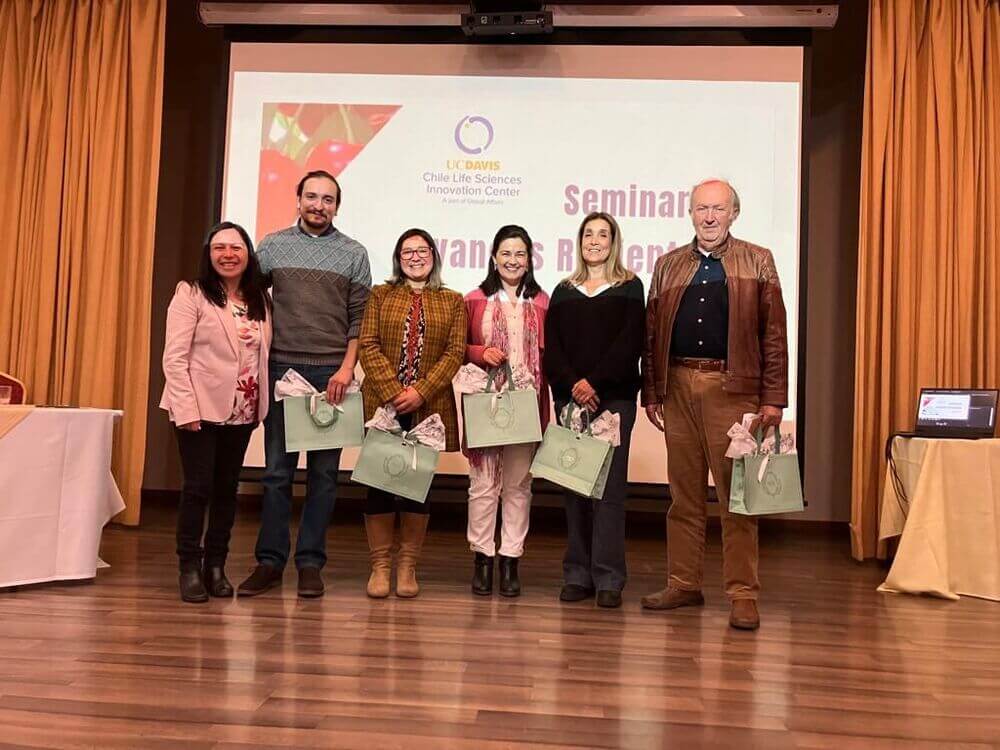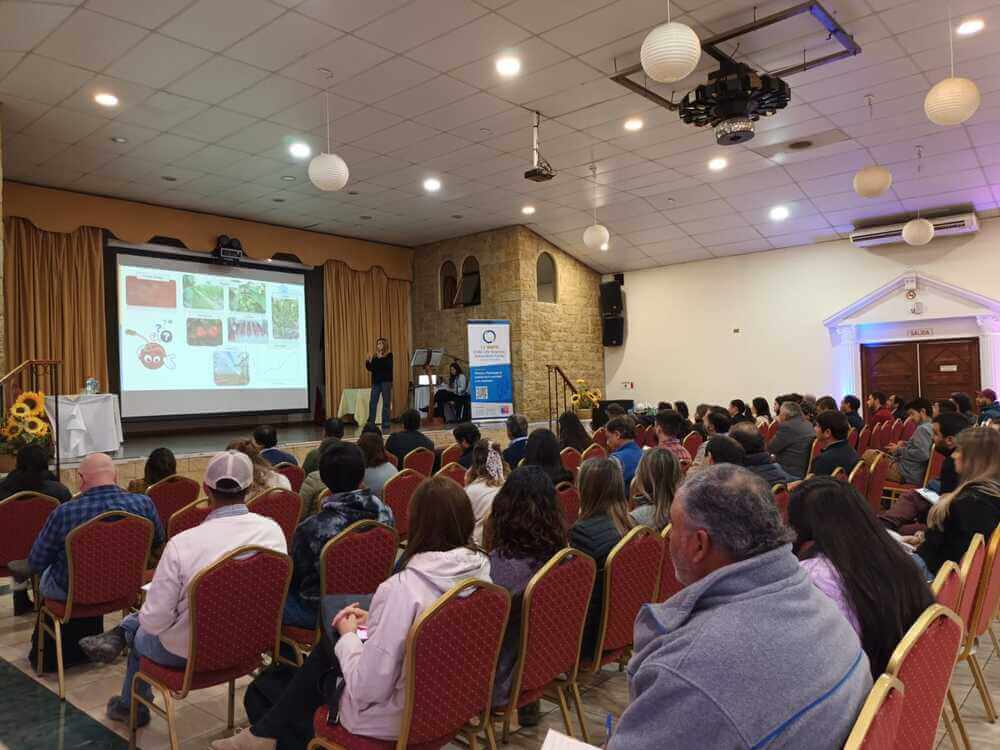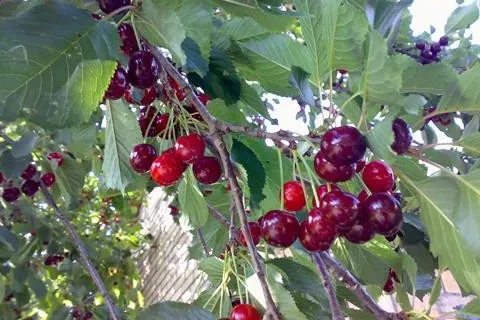'Avances recientes' takes a successful approach used by the University of California, Davis, to bring the latest developments in applied science to the country's key industry players. At UC Davis, each year, the Department of Viticulture and Enology organises a seminar on the latest innovations, known as 'RAVE'.
At this event, the latest research applied to the wine industry is shared, with the aim of facilitating the dissemination of results and accelerating the adoption of new technologies in process optimisation, both in vineyards and wineries.
Developing new varieties and rootstocks, improving the response of crops to water stress, mitigating the effects of climate change, managing pests and diseases, developing predictive models, creating low-cost ET sensors and managing living soil are just some of the topics addressed.
The industry has identified these issues as challenges, and the university has taken on the task of conducting the relevant research and making the results available in as timely a manner as possible. In addition, this initiative aims, together with industry representatives, to identify new issues or research needs in the cherry sector, in order to ensure the sustainable production and competitiveness of the crop on an ongoing basis.
It is important to emphasise that 'Avances recientes' is the result of a collaboration between UC Davis Chile and several universities and research centres in Chile, which provide their expertise to make this meeting possible. The University of Chile spoke about the Avances recientes event held on 19 October, which was entirely dedicated to cherries:
What topics were discussed and what news emerged from the meeting?
As for the participants, most were professionals or technicians from cherry export companies, followed by consultants and cherry growers.
The first topic addressed was the understanding of the impact of foliar applications of calcium on the cherry tree, by Dr. Marlene Ayala, agronomist and lecturer at Pontificia Universidad Católica, who focused on the possible benefits of foliar or aerial applications of calcium as a complement to root applications. She indicated the ideal times for its application and its usefulness, for example to reduce cracking or splitting of the fruit and to improve its quality.

The second presentation was given by Jaime Auger, an agronomic engineer from the University of Chile. He addressed advances in the management of wood diseases affecting cherry trees, their recognition and control strategies. He considered the different symptoms that cause the disease and how to recognise it.
Regarding control strategies, he emphasised pruning, as it is a management strategy that generates an exposed wound, which facilitates the entry of pathogens, both in winter and summer, affecting different pathogens per season.
The third presentation was given by Claudio Osorio, Engineer in Molecular Biotechnology and Master of Science from the University of Chile, who spoke about the risks of copper contamination in cherry trees, the current situation and mitigation alternatives. He illustrated the research carried out in collaboration with Jaime Auger, concerning the application of elicitor products to reduce the use of copper and the impact this has on the environment.

The fourth presentation was given by Dr Michelle Morales, agronomist and researcher at the Centre for Advanced Studies in Fruit Growing, who spoke about the update on the different cold requirements in cherry varieties and rootstocks, showing pictures of varieties that had come out of winter break, while the rootstock had not yet done so.
The last presentation was by Kosana Suvokarev, a biometeorology specialist from the UC Cooperative Extension, who spoke about the Californian experience with studies on water use, water stress and cherry tree chilling requirements. Finally, a panel discussion was held where the specialists themselves could share their comments and participants could ask questions. The results of each of these studies will soon be published.

What is the current situation of research in Chile and which aspects are important for the present, and which are to be considered for the future?
We believe that Chile is one of the vanguard countries in terms of cherry research, there is a lot of applied research in different areas of the crop and its management, however there is always room to continue researching and deepening knowledge.
For example, all the specialists we listened to at this seminar indicated that there are aspects that need to be further investigated, in terms of aerial calcium application (practical forms of application in the field) and also post-harvest, in diseases, how to reduce the use of copper and what other preventive and integrated management methods to use, carrying out further research on the requirement of cold hours in rootstocks and varieties and how this can affect production, among others.
Source: UC Davis Chile
Image: UC Davis Chile
Cherry Times - All rights reserved













